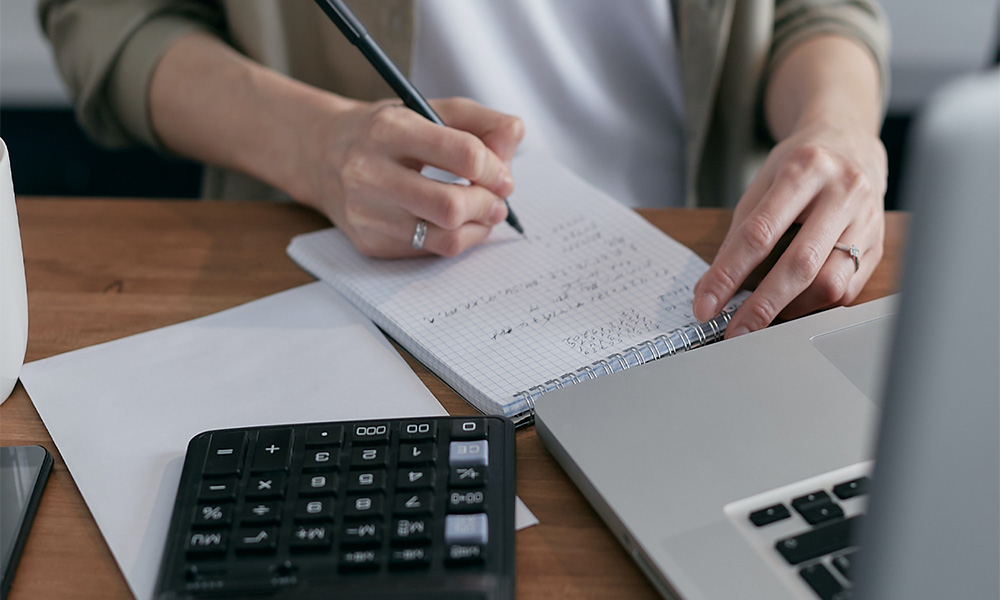Natural disasters and emergencies can strike anytime, anywhere, and can have devastating effects on your finances. You may lose your income, property, and savings, leaving you financially vulnerable. However, there are steps you can take to protect your finances from such disasters and emergencies. In this article, we’ll discuss some essential tips on how to safeguard your finances in times of crisis.
1. Build an Emergency Fund
One of the most crucial steps you can take to protect your finances is to build an emergency fund. An emergency fund is a savings account that you set aside for unexpected expenses such as medical bills, job loss, or natural disasters. It should ideally cover at least three to six months of your living expenses. This way, if disaster strikes, you’ll have a financial cushion to fall back on.
2. Review Your Insurance Policies

Another vital step to safeguard your finances from natural disasters and emergencies is to review your insurance policies. Make sure you have adequate coverage for your home, car, and other assets. Check if your policy covers natural disasters such as floods, earthquakes, or hurricanes. If not, consider purchasing additional coverage. Also, review your policy terms and conditions, deductibles, and exclusions, and make necessary adjustments to ensure you’re adequately protected.
3. Keep Important Documents Safe
In case of a natural disaster or emergency, important documents such as passports, birth certificates, insurance policies, and financial records may get lost or damaged. To avoid this, keep these documents safe in a waterproof and fireproof container or store them digitally in a secure location such as a cloud-based service. Also, ensure that your family members know where to find these documents in case of an emergency.
4. Have a Plan in Place
Having a plan in place is essential to protect your finances in times of crisis. Develop an emergency plan with your family, including evacuation routes, meeting points, and contact information. Also, discuss financial matters such as bill payments, access to cash, and insurance claims. Having a plan in place will help you stay organized and make informed decisions in a stressful situation.
5. Stay Informed
Finally, staying informed is crucial to protect your finances from natural disasters and emergencies. Keep yourself updated with the latest weather forecasts, news, and emergency alerts. Follow your local government’s guidelines and take necessary precautions to keep yourself and your family safe. Also, be aware of the resources available to you such as disaster relief programs, financial assistance, and community support.
Natural disasters and emergencies can have a significant impact on your finances, but by taking the steps mentioned above, you can protect yourself from financial ruin. Building an emergency fund, reviewing your insurance policies, keeping important documents safe, having a plan in place, and staying informed are some of the essential tips to safeguard your finances. By being proactive and prepared, you can weather any storm that may come your way.




